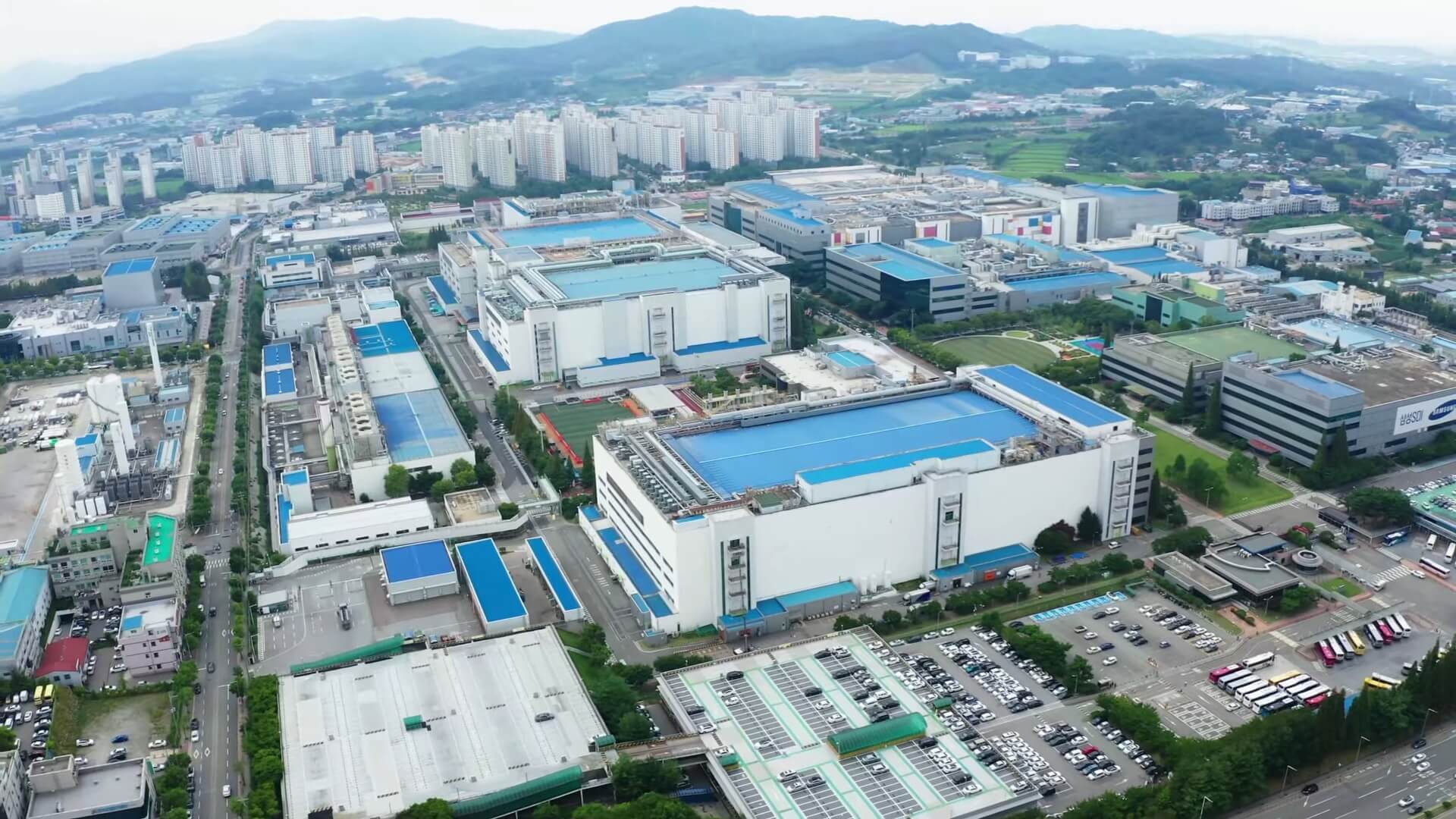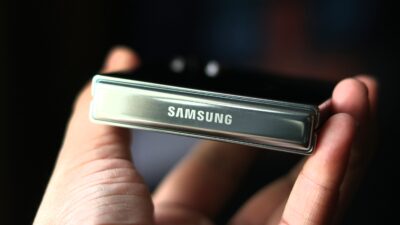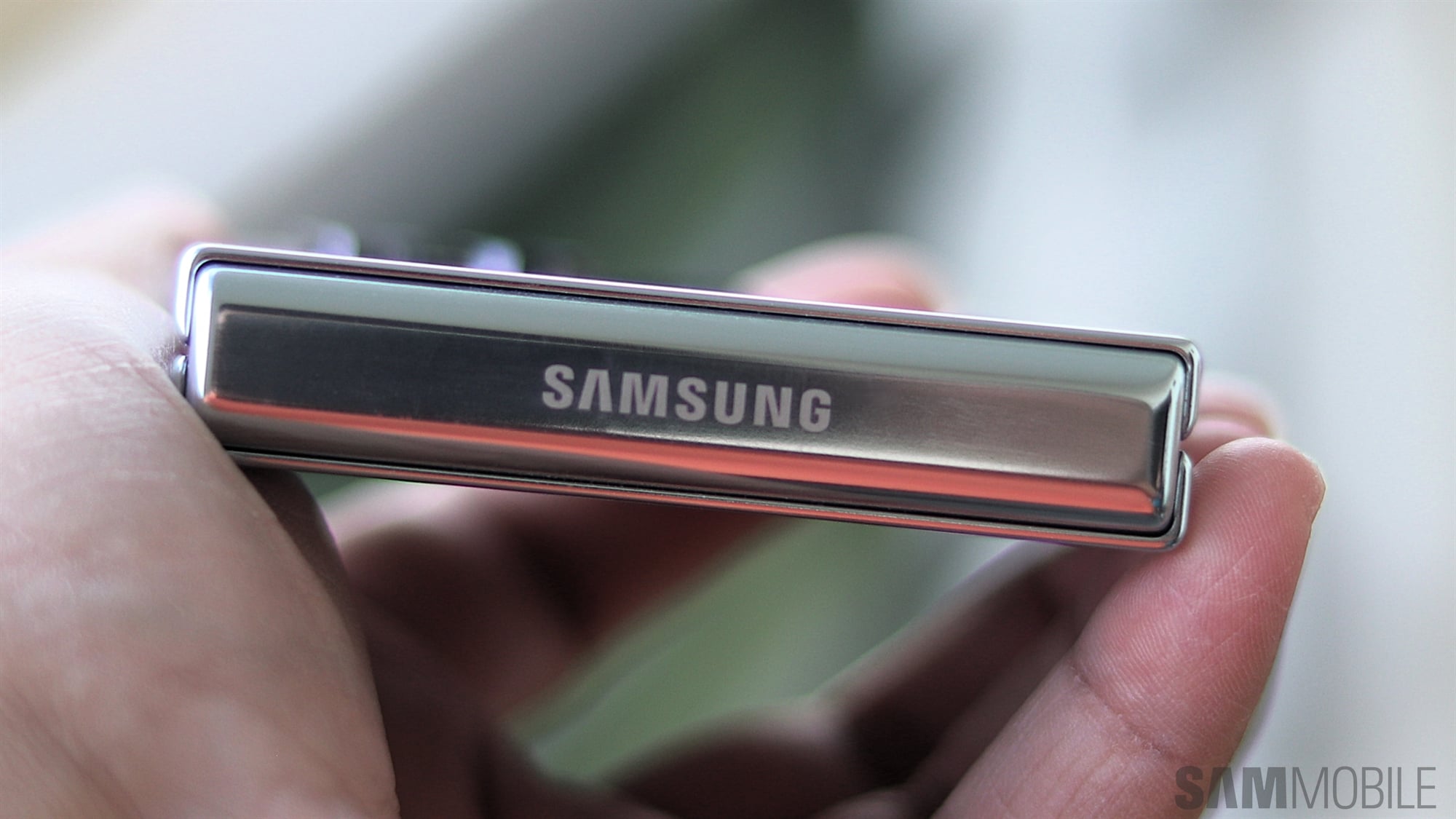
Well, the company has published a couple of videos that show its semiconductor chip campuses across South Korea through a bird's eye view. The videos were shot using drones, and they give you an idea of the massive scale at which Samsung operates.
The first video takes us through five Samsung semiconductor campuses: Hwaseong Campus, Giheung Campus, Pyeongtaek Campus, Onyang Campus, and Cheonan Campus. The Hwaseong Campus is the home to Samsung's chip R&D and manufacturing facilities. There's an iconic A-shaped bridge that connects two buildings and signifies the collaboration between various teams. It also has three high-rise DSR towers that have 29 floors above the ground and four floors underground. Over 15,000 employees work here.
The Gihueng Campus is where Samsung Electronics first started making chips. The company successfully developed 64kb DRAM in 1983, six months after its VLSI (Very Large-Scale Integration) business was established. It consists of Line 1, Samsung's first memory chip fabrication line. The Pyeongtaek Campus is the world's biggest semiconductor manufacturing complex. This is where chips are made using the cutting-edge EUV process. We can see that the company is actively expanding its campus and the construction work is ongoing.
The Onyang Campus is situated in the hills and is responsible for the final stage of semiconductor manufacturing. It covers the development of semiconductor packaging, production, testing, and shipping of the end product. It is surrounded by lush green fields and hills. The Cheonan Campus is the future of chips where next-generation packaging technology is developed.
The second video footage is shot using a racing drone, complete with impressive feats in the air. We can see that all campuses shown in these videos have large buildings, big parks, and wide roads.


















